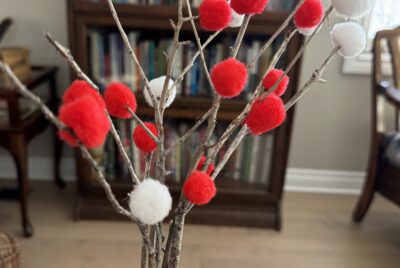RESEARCH
Integrated Animal-Assisted and Plant-Assisted Ecotherapy for Preschool Children with Speech Disturbances: A Program for the Arctic
Summary
This study introduces an innovative ecotherapy program that combines animal-assisted and plant-assisted therapies for preschool children with speech disturbances, specifically tailored for the Arctic environment. Recognizing the increasing number of children with speech challenges, the program addresses not only speech development but also attention disorders, learning activity, and social adaptation. The program incorporates educational, rehabilitation, communication, and correction components, utilizing activities like wildlife familiarization, art, animal and garden therapy, and exercises to develop fine motor skills.
The effectiveness of the ecotherapy program was evaluated through psychological tests (Lüscher color tests, psycho-geometric tests), physiological measurements (cardiorhythmography, ultrasonic dopplerography), and logopaedic monitoring. The results indicated that children participating in the program showed improvements in vocabulary, communication skills, speech structure, psycho-emotional states, observation skills, self-assurance, creativity, and imagination compared to a control group. The program, designed to mitigate the negative effects of the polar night, has been successfully implemented in the Murmansk Region (Russia) and Svalbard (Norway), demonstrating its potential as a valuable intervention for children with speech disturbances in challenging environments.







